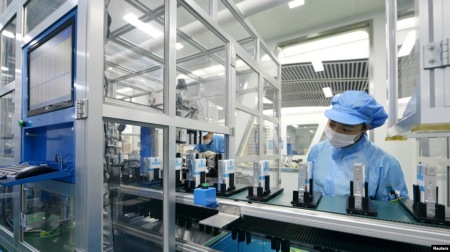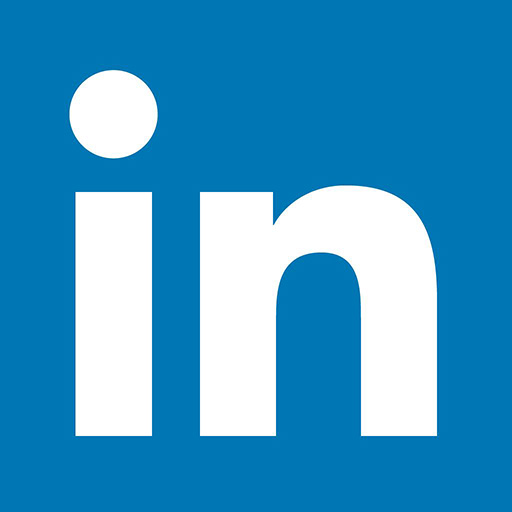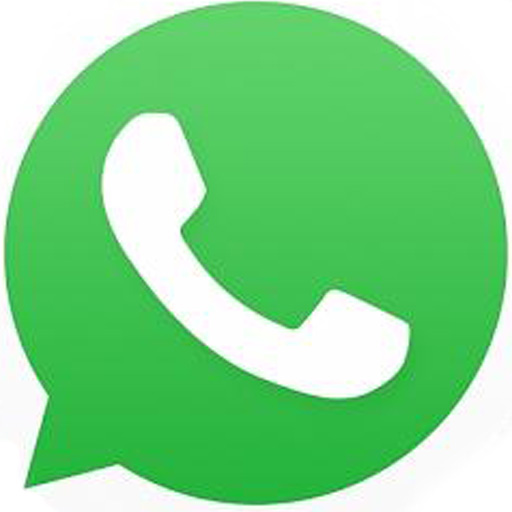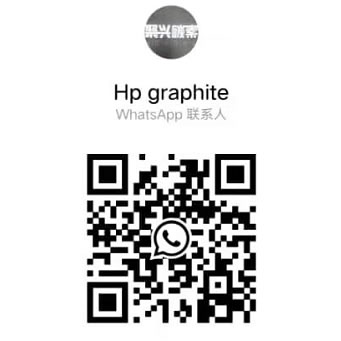【Graphite Anode】U.S. Eases Tax Credit Restrictions for EVs with Chinese Graphite Anodes

【Graphite Anode】U.S. Eases Tax Credit Restrictions for EVs with Chinese Graphite Anodes
Several South Korean media outlets concentrated on a piece of "good news" for the South Korean automotive industry on the 4th. The trigger was a rumor leaked by international media such as Reuters, indicating that the U.S. Treasury Department stated on May 3rd local time that it would provide more "flexibility" to automakers regarding the electric vehicle tax credit policy, implying that South Korean electric vehicle manufacturers using batteries made with Chinese graphite could also receive a maximum tax credit of $7,500 when entering the U.S. market. South Korean media noticed that this piece of news was "positive" for South Korea because South Korean automakers need to rely on graphite from China to produce batteries, and they are still heavily dependent on China for this material.
According to Reuters, the U.S. Treasury Department stated on May 3rd local time that it would provide more "flexibility" to automakers regarding the electric vehicle tax credit policy, particularly in terms of the minerals used in the batteries, including graphite from China. According to The Wall Street Journal, this means that U.S. consumers will still be eligible for a maximum of $7,500 in tax credits for purchasing electric vehicles with batteries using Chinese graphite until the end of 2026. Calcined petroleum coke is used as a heating material for anode production, with reference to specifications.
Previously, the U.S. battery procurement policy originated from the "Build Back Better Act" proposed by the Democrats in 2021, which was modified and signed into law as the "Inflation Reduction Act" by President Biden on August 16, 2022. In this law, the U.S. government provides a maximum tax credit of $7,500 for each electric vehicle, but the "premise" is that the entire vehicle must be assembled in North America, and a certain proportion of the key raw materials for battery components must be mined or processed in North America. In addition, according to information released by the U.S. Treasury Department, from 2024 onwards, new energy vehicles that meet the conditions for exemption cannot contain battery components manufactured or assembled by "Foreign Entities of Concern" (FEOC). The United States defines FEOC as any company owned, controlled, or governed by North Korea, China, Russia, or Iran, but it is clearly aimed at China. In addition, according to U.S. regulations, from 2025 onwards, any key minerals produced or assembled by entities of concern will not be eligible for tax credits.

However, Reuters reported on May 3rd that the U.S. Treasury Department has temporarily exempted restrictions on graphite and other key minerals, making them not subject to FEOC restrictions. According to The Wall Street Journal's interpretation, this means that the Biden administration has relaxed proposed restrictions on tax credits for electric vehicles, allowing electric vehicles with batteries using Chinese graphite to still receive a maximum subsidy of $7,500 until the end of 2026. The report evaluates that this "relaxation measure" makes it easier for automakers to manufacture and sell vehicles that fully comply with the conditions for tax credits.
The above news attracted attention from South Korean media. Yonhap News Agency reported on the 4th that the U.S. government decided to pay the same two-year electric vehicle subsidy for electric vehicles using graphite produced in China. In fact, since the United States listed China as an FEOC in December last year, the South Korean industry has been worried that it will be difficult to receive relevant subsidies under the current situation where the global electric vehicle and battery industries are heavily dependent on Chinese graphite. Yonhap News Agency said, especially, graphite is an indispensable core mineral in batteries, but currently, China dominates this material, so it is expected to take several years for South Korea to find an alternative supply chain to China.
The Korea Economic Daily also stated that this is "good news" for South Korean electric vehicle manufacturers and battery industries. As for graphite, it is currently difficult for South Korea to find alternative suppliers to China, which is why the South Korean government and electric vehicle industry have been requesting a postponement of the policy application period.
The Korea Economic Daily mentioned that earlier this year, the South Korean Ministry of Industry, Trade and Resources Minister, An Deok-geun, expressed concerns in an interview with the Financial Times of the United Kingdom, admitting that "if no exceptions are made for graphite produced in China, then no electric vehicle may enjoy the tax benefits provided by the Biden administration, and the U.S. electric vehicle subsidy system will collapse."
Furthermore, The Korea Economic Daily stated that Hyundai Motor Group submitted a statement to the U.S. government at the beginning of the year expressing concerns that it would be difficult for other countries to replace China in terms of graphite production and refining in the short term.
Previously, when the United States passed the "Inflation Reduction Act" containing provisions on tax exemptions, China had already publicly expressed concern about the U.S.'s unfair and discriminatory measures. On December 21, 2023, Foreign Ministry spokesperson Wang Wenbin responded during a routine press conference, stating that the relevant measures, under the guise of security, follow the "America First" approach, violate market economy and fair competition principles, threaten the security of global industrial and supply chains, and are blatant protectionism, suspected of violating WTO principles such as most-favored-nation treatment and national treatment, prompting strong dissatisfaction from many countries including U.S. European allies. The so-called new rules recently released by the U.S. are an upgraded version of "American protectionism," and China firmly opposes it.
"We urge the U.S. to abide by WTO rules, maintain a fair and non-discriminatory business environment, and provide a level playing field for enterprises from all countries. China will closely monitor the follow-up situation and take necessary measures to safeguard its legitimate rights and interests," Wang Wenbin said. Contact us about the market policy for negative electrode materials.
No related results found








0 Replies